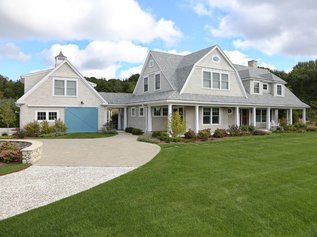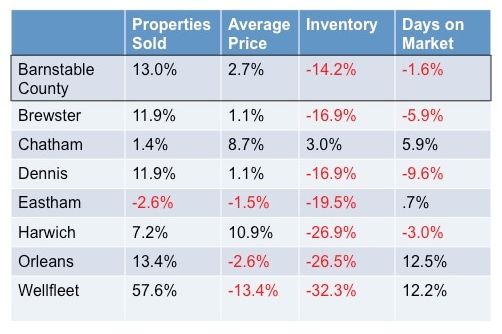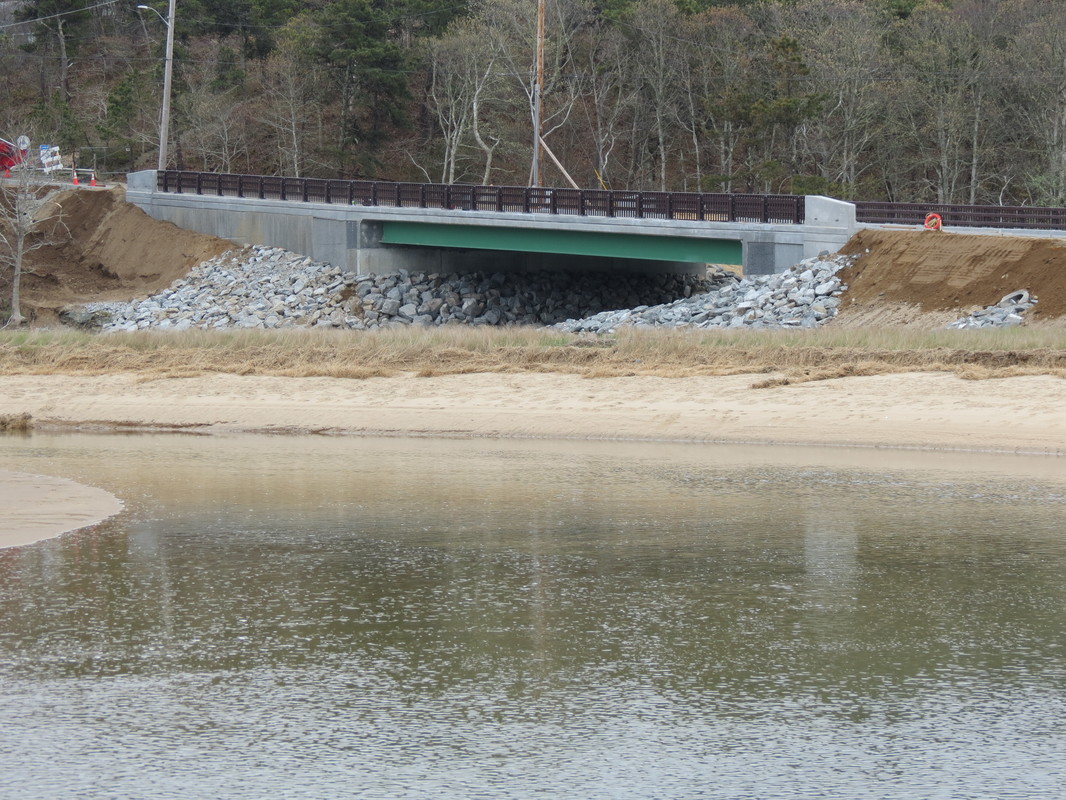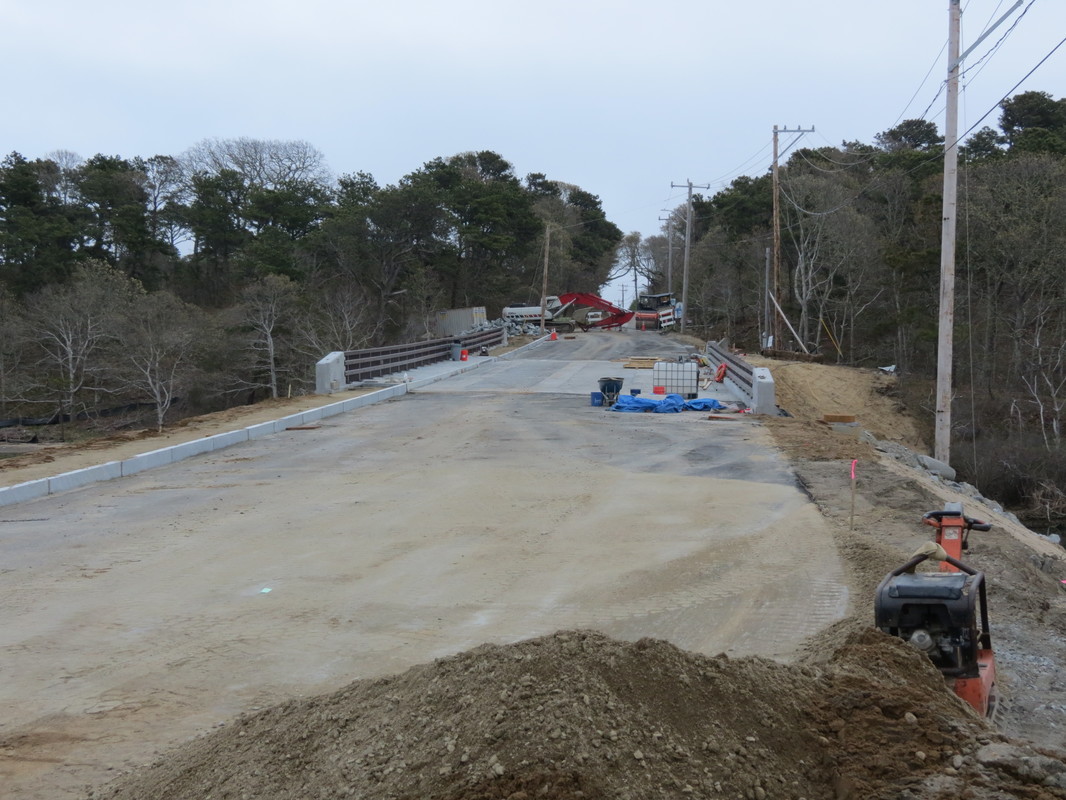The traditionally slow first quarter on the year in the Cape real estate market looks to take a similar pace as years past while reviewing January activity. The small sample size after the first month of 2017 see similar trends to 2016. The main headline continues to be historically low inventory. At the end of 2016, there were 5975 homes for sale in the Cape’s 15 towns. We need to look back to the spring of 2004 to see a lower number of homes for sale. This low inventory environment has pushed prices up and demand has stayed more consistent. Across the Lower Cape towns of Brewster, Chatham, Harwich and Orleans, average prices are up modestly YTD.
We anticipate steady price appreciation going through 2017. The remarkably low inventory and steady sales volume seem to leave no other alternative. Interest rates are still at historic lows and the loan products in the market are becoming more diversified and readily available. Value in the market can still be found in properties that need updating. Most of the price appreciations are coming from recently renovated or constructed homes. Our access to construction resources is a strong asset in the current market and leads us to advise our clients: if you can’t find you the perfect Cape house, look to create it.




